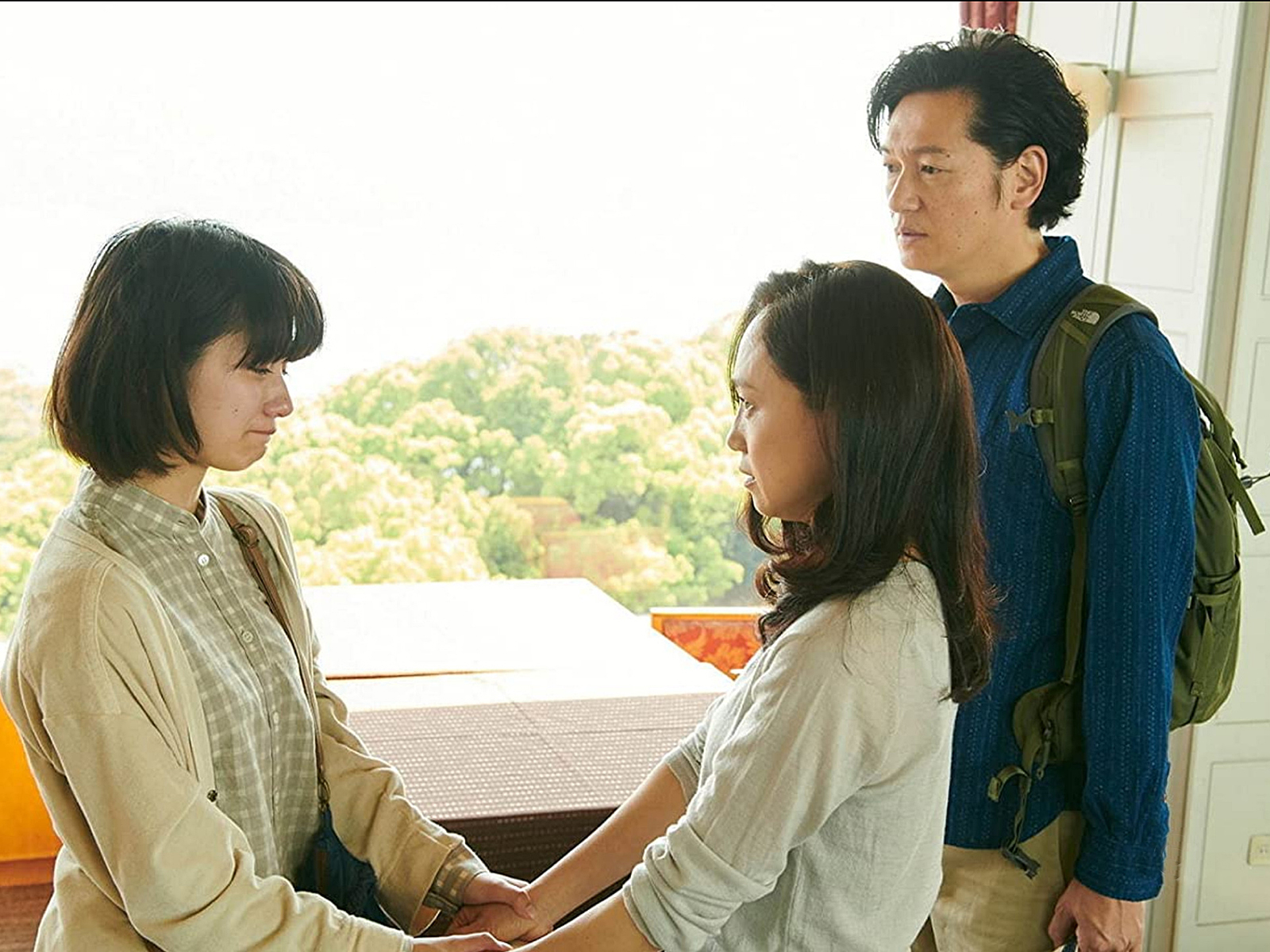
- Golden Globe Awards
True Mothers (Japan): Interview with Naomi Kawase
When the director of True Mothers, Naomi Kawase, read the book Asa ga Kuru/ 朝が来るby Mizuki Tsujimura, she felt something within her say “this is a story meant for me”.
True Mothers is a story about a young couple, Satoko and Kiyokazu. After Satoko undergoes long and painful infertility treatments that are ultimately unsuccessful, they adopt a newborn boy baby birthed by a teen mother. Their life looks perfect, until they receive a strange phone call from a woman who whispers: “I want my baby back.” Who is this woman calling them threatening to expose that their boy is adopted? Could it be the young girl who gave up her baby and asked the couple to take care of him?
The film offers multiple perspectives on the concept of motherhood and how we define parenthood. As Kawase herself is an adopted child, her experiences gave additional insight and texture to the story. We spoke with Naomi Kawase who resides in the city of Nara, Japan’s oldest city, to learn more about the film.
First of all, please explain why you moved so deliberately slow from scene to scene while the young couple, Satoko and Kiyokazu, contemplated the possibility of adopting a child.
I wanted to show that the adoption of non-related children is not so common in Japan. Japan is still very conservative, particularly in rural areas, about adopting a child who is not related by blood. People are reluctant, society is not prepared for it. I had to fight with my French editor to keep the scenes. He told me to cut it shorter, but I insisted to keep it long. Through my own experience, people often cast their pity on an adopted child who is seen as a poor little girl/boy who was abandoned by their parents. It is a difficult decision and should be investigated before you actually decide.
Most of your work talks about families, family structure, and relationships between parents and children. Do you think your being adopted and longing to find out your biological parents motivates you to make films about family?
Oh yes, definitely it does. I know my mother, but I don’t know my father at all.
I am deeply curious what kind of man he was or is. His presence is not in my memories. I know my biological mother. She is remarried and doesn’t want to talk about my father. My guess is they were together for a very short time and a divorce may have happened before I was born. My mother once told me that the only reason she gave birth to me was because she was strong willed and wanted to have me. I felt strange, some kind of inescapable attachment to her, almost felt I was under her spell. I think I would not have been what I am now if my parents who were young and not ready to have me raised me. I feel my adoptive parents gave me life and thanks to them, I am what I am now. I believe that family is to be built up with affection and tender care to one another, blood related or not.
Do you feel this film is one step forward from what you used to do? There are more plots in this film than your usual work, and the story is more accessible to a broader audience. Do you think that’s why this film has been so successful at the box office in Japan?
I agree. More plots, definitely. There are two main stories in the film. One is Satoko, the adoptive mother, and the other is Hikari, the young biological mother whose life is completely altered because of her getting pregnant at the age of 15. She has to search who she is on her own terms to rebuild her life. The two lives crisscross. I wished to show the audience that life is not only what you could see in front of you, there are unquestionably many other lives that are lived on the other side of the spectrum.
You inserted small and brief scenes of the boy who impregnated her just simply walking by. What meaning did you want to bring to the story?
The boy is walking by as if nothing had happened in his life, oblivious of what is happening to the girl. The girl is heartbroken and suffering tremendously as a consequence of what they did together. I wanted to say that accidental pregnancy and what comes with it is often seen as a woman’s problem. Therefore, she has to solve it herself. I think there is not enough support to those who have to go through this. In Japan there are noticeably more children’s death by parental negligence, which could have been avoided. I am happy to receive some positive comments from male audiences that their eyes were more open to see the problem of their lack of participation.
True Mothers was one of the official selections at Cannes 2020 and it has been selected to represent Japan at the Oscars. You have been a regular presence at Cannes since becoming the youngest recipient of the Camera d’or at the age of 27 in 1997 and Grand Prix in 2007. That’s in addition to many other awards all over the world?
It means a lot to me. I am extremely happy and grateful. It opened up a wider horizon to my work and something new to look forward to. Until now I didn’t even know how the foreign films enter the Oscar race.

